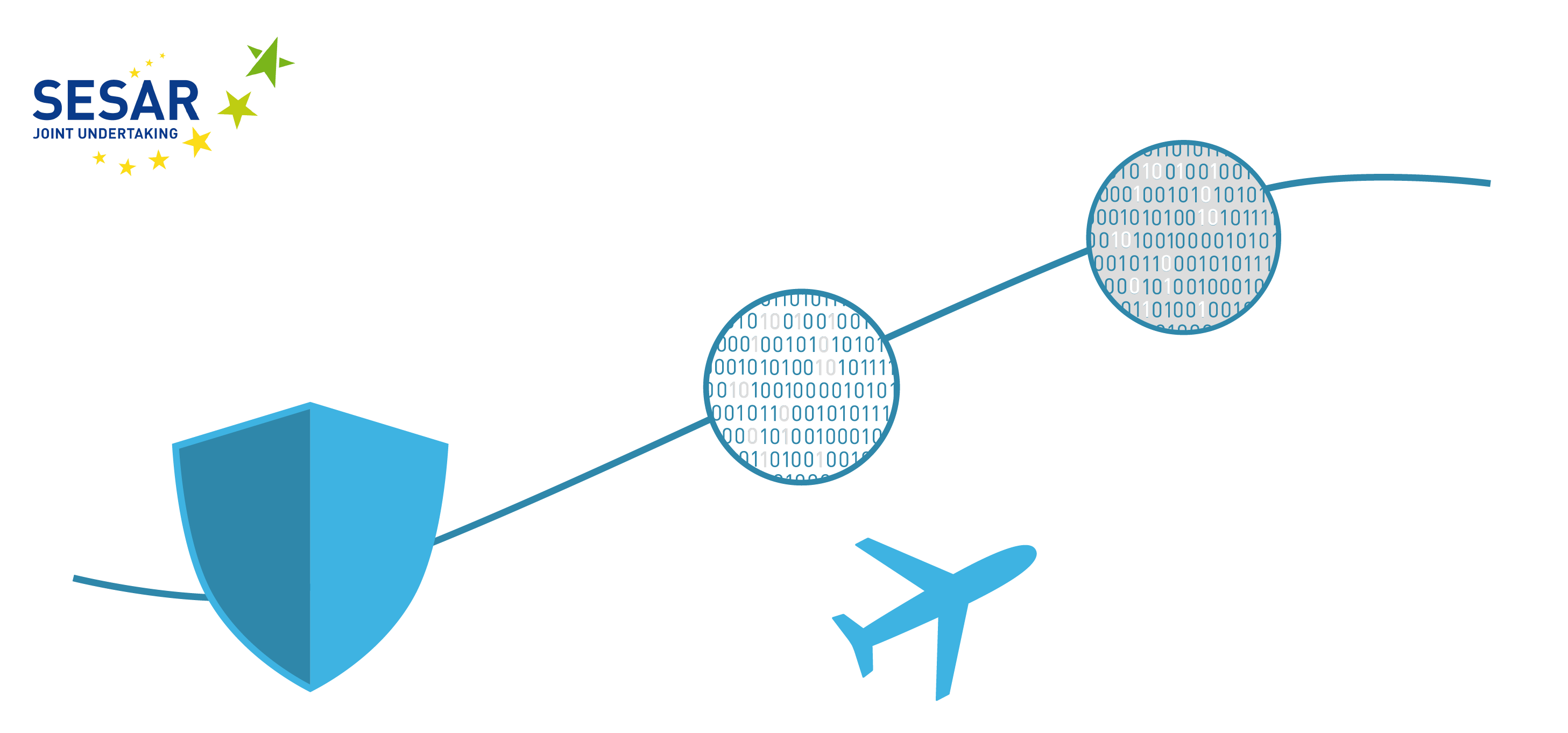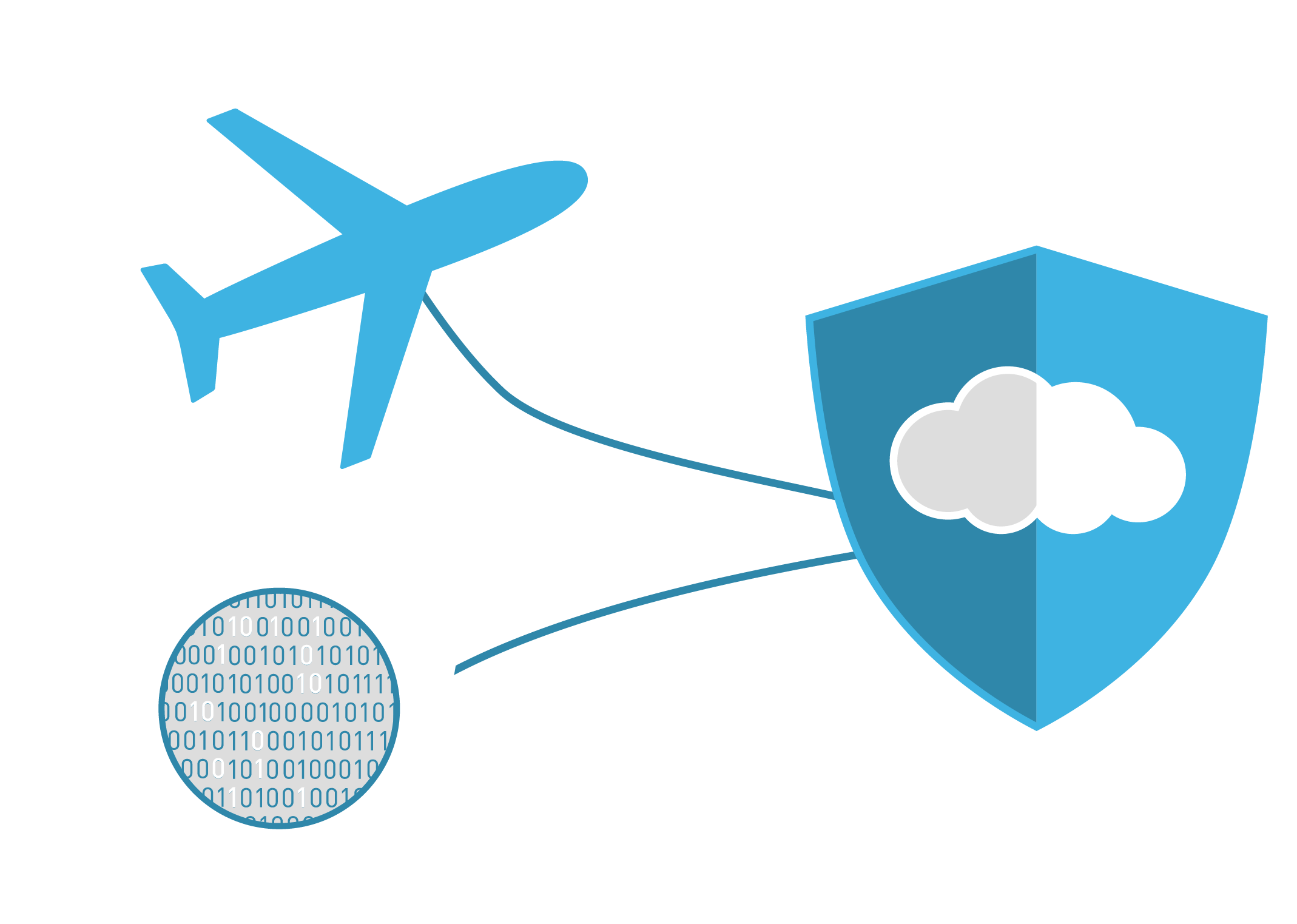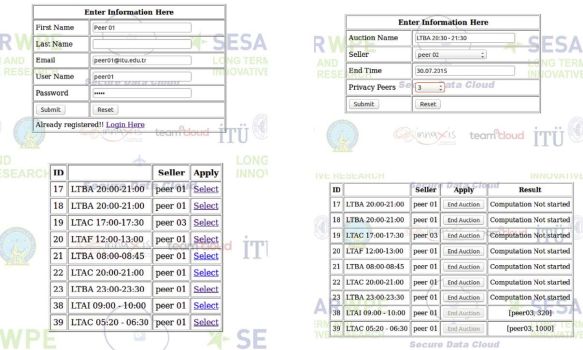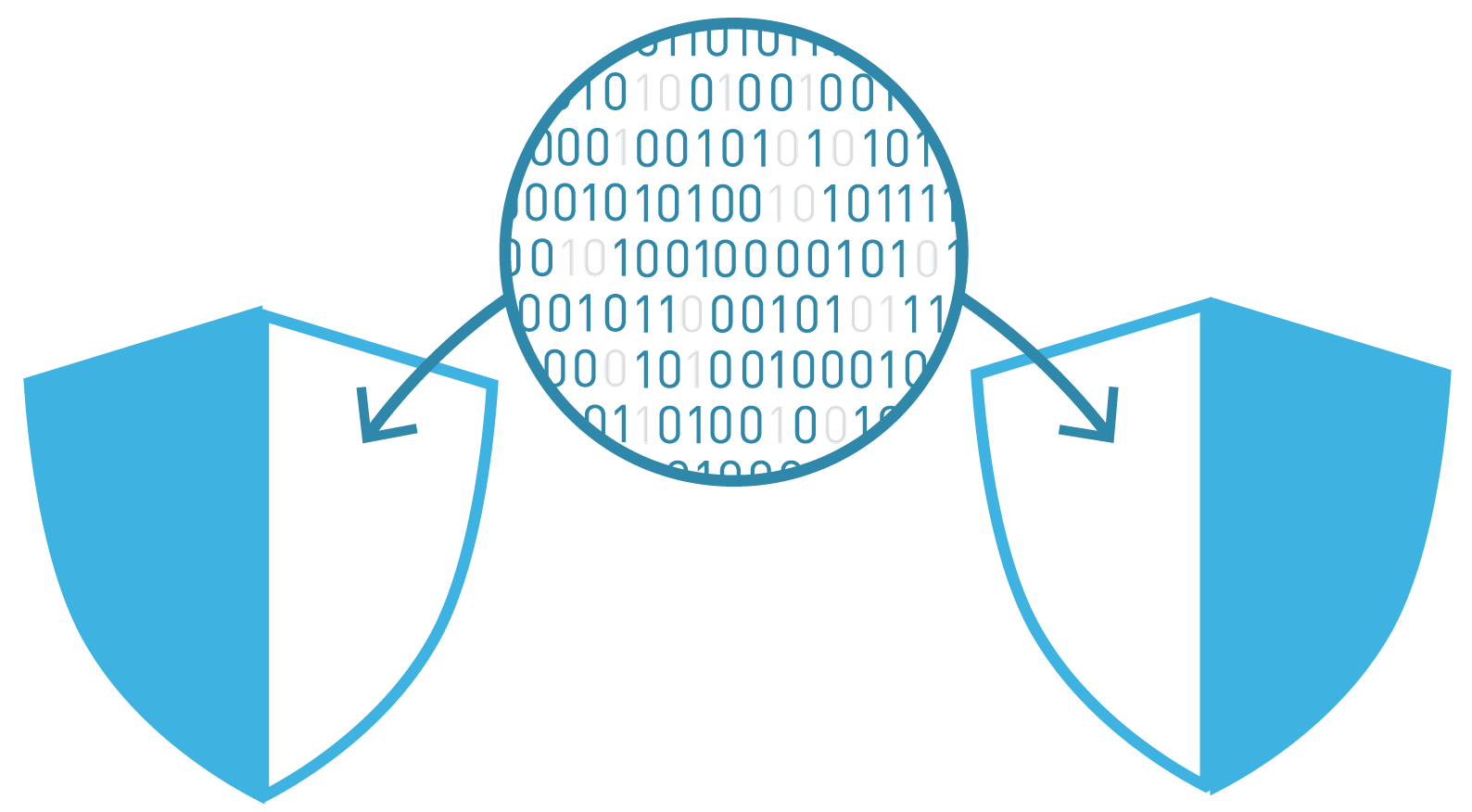More info on the case studies
The first case study involves the execution of a general secure auction, covering different time scales and market sizes. Specifically, we consider an airline planning to operate a new route between two airports. Therefore, at a strategic level, the airline firstly tries to buy slots from both airports, i.e. in the primary market. Afterwards, if this first step was not successful, it may try to buy a suitable slot in the secondary market, i.e. from other airlines. Here, the term “airport slot” is used in its general meaning, thus includes both landing and departure slots. Furthermore, airports (and airlines) may be selling one or more slots at the same time; nevertheless, and for the sake of simplicity, these slots will be considered as a single entity if sold with a unique prize, and as two separate slots if the prizes are different. As a final step, the airline may want to trade specialised trajectories near an airport, e.g. priority approach trajectories that could allow a reduction in fuel consumption or a higher delay recovery. In this case, the airline will try to bid for the resource directly to the airport, probably along with other competitor airlines.
The global objective of the second case study is the creation of delay reports using cleared information coming from different stakeholders, securely merged in order to achieve additional knowledge about causes of delays and their evolution through time. Here, cleared information refers to delay information whose causes and amounts have already been processed by the stakeholders, thus reaching a consensus about them. Several stakeholders collaborate by introducing delay information inside the system: pilot, airline representatives, ATC officers, EUROCONTROL’s Network Manager Unit, airport representatives, and handling organisations. Different types of analyses are performed on the available data, including: average delay in the route, global and airline-based benchmarking, comparison of different routes, analysis of extreme values, and the analysis of correlation between delay codes.
As an example of the output of the project, the following image presents the graphical interface associated to the first case study. It has been implemented in Java, to ensure cross-platform operability – this has been verified in different environments, including Windows, OS X and Linux machines.
Communications between all machines are encrypted according to the TLS standard. Data input and output, e.g. price definition and results delivery, are performed through CSV files, which simplifies the interface with external programs, including automatic data processing software (for instance, any software the airline may have to keep track of its CO2 allowance needs). Finally, software elements (i.e. the integration system and the SMC engine) are launched by executing. BAT files, which start JAVA machines and initialise the corresponding program.





